“The show makes you question, think about things and look into yourself. It speaks to you”: Tom Sturridge and Vivienne Acheampong on The Sandman
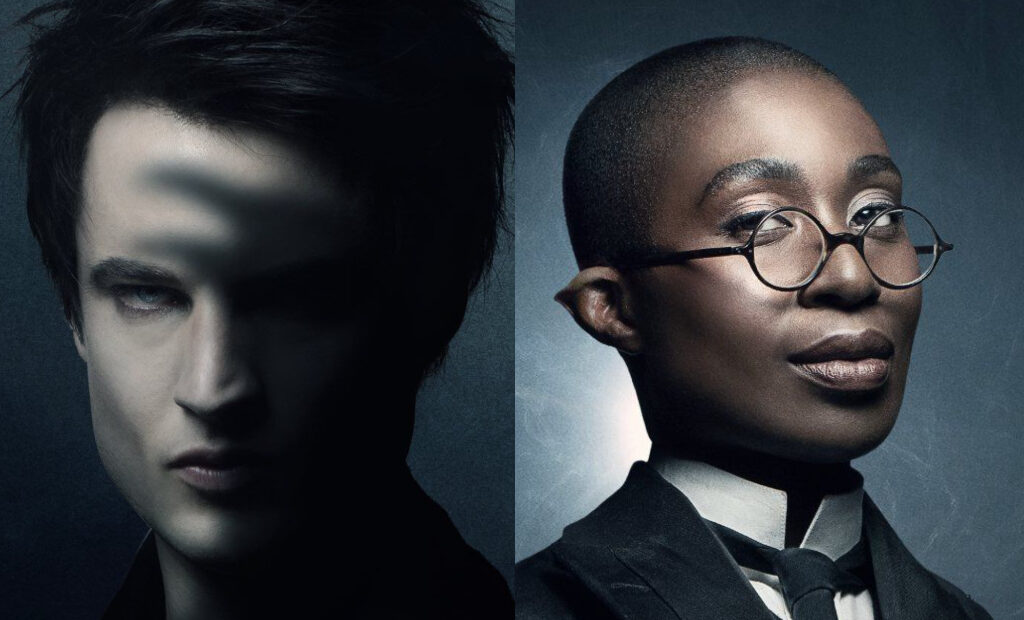
The Sandman is a ten-part Netflix fantasy series adapted from the comics by writer Neil Gaiman. The story follows the capture of Morpheus, the King Of Dreams, who is imprisoned for over a century before escaping and setting out to restore his kingdom. In his absence, the realm has crumbled and the stability between the waking world and the subconscious has faltered. The Upcoming had the pleasure of speaking with Tom Sturridge about his role as Morpheus, how he prepared for his physicality and what he thought of embodying the character, and to Vivienne Acheampong, who plays his loyal companion, Lucienne, and the character’s part in helping to restore the equilibrium.
How did you get into character? Were there any specific images or panels from the comic that inspired your physicality?
Tom Sturridge: The idea of trying to create this character was fundamentally a frightening one because it’s something I care about so much. There’s a line that John Dee says in the comics, where he’s driving to find the ruby with this character called Rosemary, and he says, “Dreams are real, but they are made of viewpoints, memories, images, bad puns and lost hope.” I’m pretty sure that’s the combination of things I used to make my character. I think as far as physicality goes, Morpheus, when we first meet him in our story, he is imprisoned, naked in a glass sphere, and doesn’t speak for the first 45 minutes. So his body is the only way I could communicate, and it was really important for me to figure out a way to tell an audience, “This is not a human.” I solely used the images from the graphic novels to get to that place. Morpheus has grown leaner in metabolising the subconsciousness of the universe – he’s lost all his flesh, just sinew and bones – so I wanted to get to that point. He looked like a panther that had been shaved. What was exciting about not being able to speak was you also had to learn a way to communicate with your body.
Vivienne Acheampong: For me, because we’ve created this world that’s so immersive and everything feels so real and so detailed, being in that and being in the tailored costume that Lucienne has is so incredible that you can’t help but be upright and hold yourself in a certain way, You never see Lucienne slouching or being casual. That really helped me when I stepped into those suits or jackets – it just really transformed my body.
How do you think Morpheus balances out the darker moments with emotional ones in the series?
TS: The main thing I can think of with Morpheus is, as the curator of all of our dreams, as the person who holds the dreams of every sentient being inside of him, he therefore knows how everyone feels. It’s a profound act of empathy. So, early on in conversations with Neil, I found he’s someone who contains an extraordinary amount of feeling; but, in his responsibilities and duties, he must suppress that, because if he expresses it, the consequences can be catastrophic for everyone’s subconscious. I always feel he’s someone holding down the burning inside of him. There are tiny moments in our series where a little bit of that seeps out and it was difficult to pick and choose when to show what was inside of him, but I think that’s a fascinating part of his character. But I do think there are some really sadistic moments from him in this too. With Alex Burgess – he ends him, with Joanna’s girlfriend – he ends her, with the Corinthian, his baby – he ends him. I think it has the sadism as well.
Were there any aspects from other characters that you envied or wished you had?
TS: The honest answer is “No.” I love Morpheus so much, I wouldn’t want to change him in any way, shape or form. I’m intrigued – less so in our show, but in the history of him is his relationship with love and, specifically, with romantic love. If you see episode four, In Hell, there’s a moment with Nada, who is one of the past loves of his life, and when she refuses to be with him, he condemns her to hell forever.
VA: I’m a bit like Tom, actually. I love Lucianne so much – she has so many qualities that I think are incredible; I think I’d like them more for myself. She’s so compassionate, has so much empathy, she’s non-judgmental and she genuinely wants the best for others. I mean if she were to go completely rogue, she’d go really far – something like the Corinthian, to be completely destructive and not care.
How was it for you, filming these scenes then watching them back post-production and seeing it all coming together?
VA: I have to say, not even just our scenes – it’s really emotional. It’s really extraordinary. But not because I feel like I haven’t seen it before – because, yes, the crumbling walls are green screen, but so much of this was actually real. That library that you see has real books. It’s all so visually incredible.
Has the making of this show changed your own perspective of dreaming?
TS: It’s made me far more contemplative about my dreams – more anxious to take control of them when I’m inside of them, not in an “emulating Morpheus” way, but I’m more aware of the potential that a human being can create anything. And you start to think if you’re inside your own dreams, that actually you have that capability. Actually, maybe I am channelling Morpheus!
VA: I always lean into dreams anyway – I write my dreams down, I try to interpret them. But, for me, the nightmare aspect of things has really intrigued me because I think I’m quite dismissive of nightmares. I go, “My god that was awful,” but then I don’t think about it. But, doing this, I’m more like, “It’s saying something, there’s a humanity there, what are those nightmares trying to tell me about my subconscious mind?”. So it’s made me think differently in relation to my nightmares.
Had you read any of the graphic novels before taking on the role? How did you approach them?
TS: It was in my head, Sandman. I knew the title – it was something I was familiar with, and what Morpheus looked like, but I hadn’t read it when the beginning of the casting process took place. But, for a number of reasons, the casting process took a long time: eight months. But I didn’t get the part and then get a box of comics and go “F*** I’ve got to read them” – I just got intrigued slowly about being a part of it, and read the first one. Then, as a fan of that first text, I just continued reading. I must have read all 2,000 pages of it seven times; I became obsessed with it. I genuinely believe it’s one of the most important pieces of literature over the last 30 years. The other thing that was beautiful about being able to immerse yourself in it is that it’s so rare, with a character, that you have this bible to return to – you can find the answers to any question you might have, and that’s just extraordinary. It was like Indiana Jones: you’d have a problem and you’d dive into the issues, searching the text for the answers.
What was most interesting about playing Lucienne? How did you see her relationship with Morpheus?
VA: I think, for me, what was interesting about Lucienne is that she is just so loyal, hardworking, wants the best for the realm and wants the best for Morpheus. That’s what is important to her. She knows in her mind every book that is written – and even unwritten – and she retains all this information; and I get asked a lot if she is upset that Morpheus comes back, and absolutely not. She is in service to The Dreaming and Morpheus. She understands how important his work is because The Dreaming is where we all go – we all dream. It’s for everyone, and it’s this place where you are completely free – your wildest fantasies and deepest desires in the darkness. It’s a sacred and incredible place and it needs to be protected. I loved playing her.
The characters are almost based on abstract ideas or concepts, as opposed to concrete roles in the real world. Was that harder to play?
TS: It’s harder to get your head around it if you think of it in an abstract context – you have to put the character in the situ of reality. It’s hard, though, to think about how a being like this might behave. The Master of Dreams certainly does have an abstract quality to it; he understands how all of us feel because if you know how everyone dreams, you know who everyone is. So that allowed me to consider him an extraordinarily empathetic character. And, also, if you have that responsibility to retain the stability of everyone’s subconscious, you need to have a rigour and a discipline to hold it altogether. So I think that’s someone who represses his feelings – because if he didn’t it would have catastrophic consequences. There’s a way to get into it, if you think about it carefully.
VA: For me, it was that I believe in this world – Lucienne is the librarian of The Dreaming, because when you’re in production, what’s beautiful about Neil’s work is that it’s about humanity and it’s based on the human condition. It’s the gravitas that you give it. We have a realm where we all go – it doesn’t discriminate. The show makes you question, think about things and look into yourself. It speaks to you.
Ezelle Alblas
The Sandman is released on Netflix on 5th August 2022.
Read our review of The Sandman here.
Watch the trailer for The Sandman here:

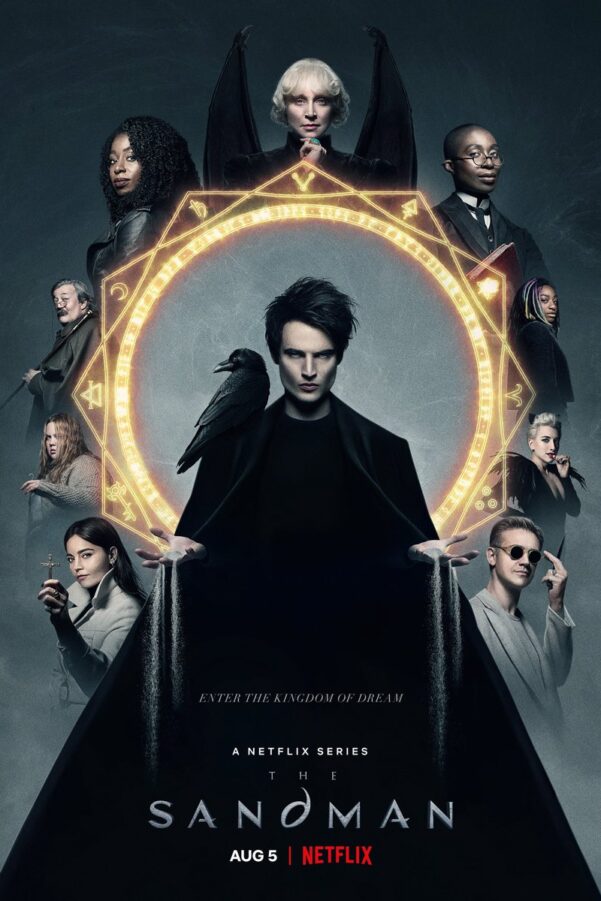
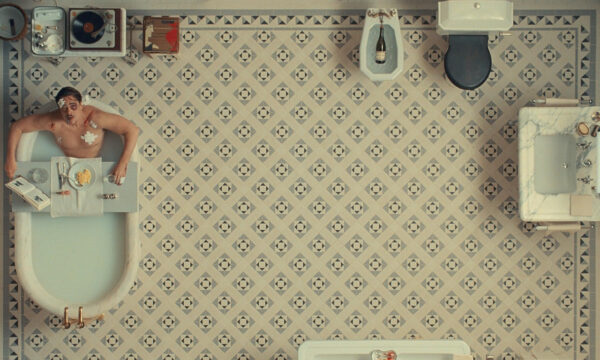
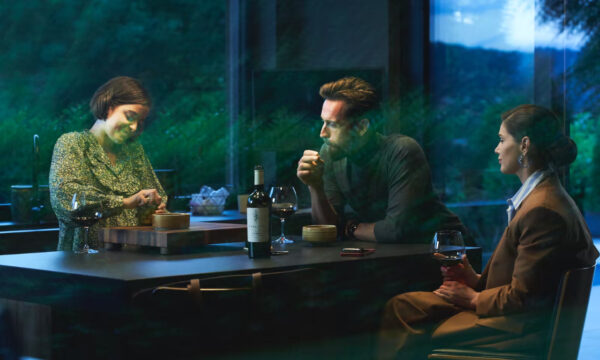

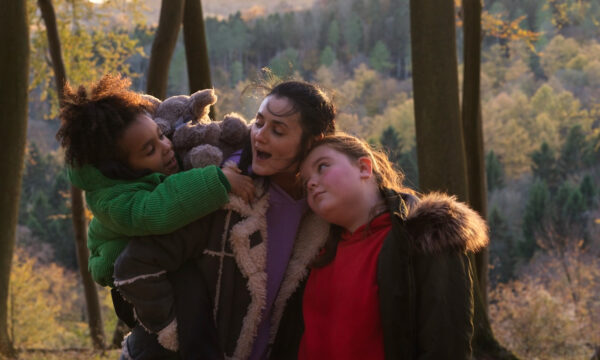
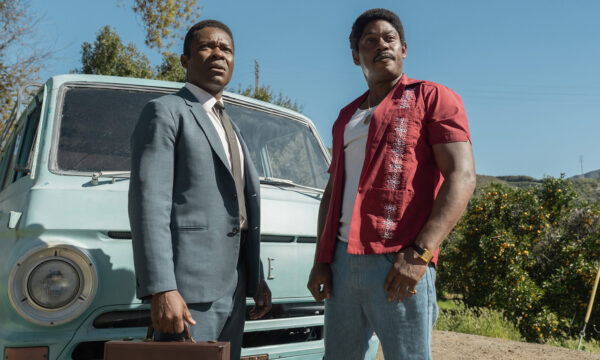
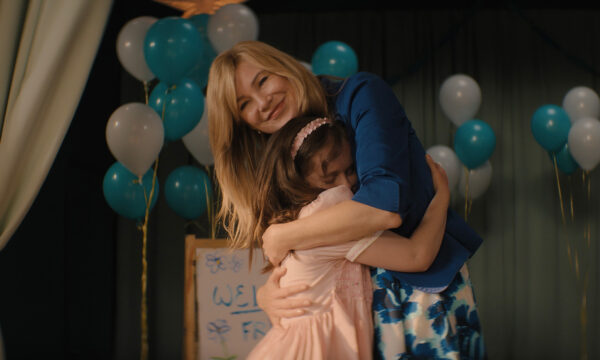
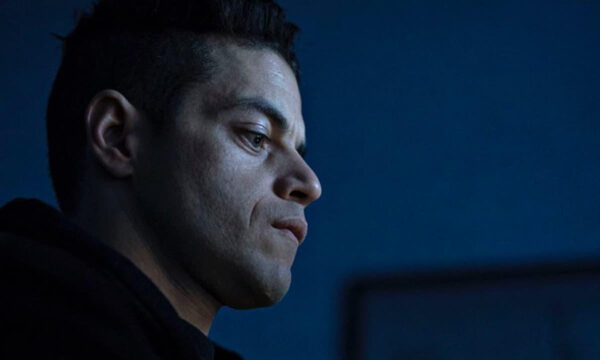
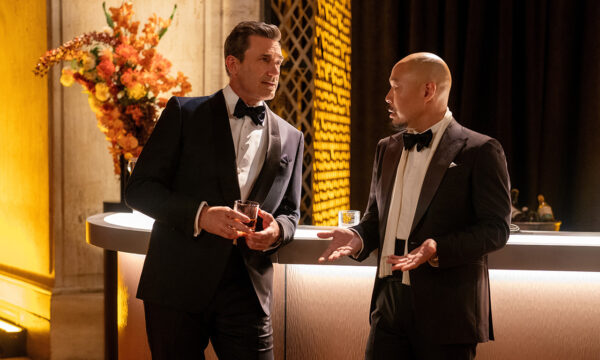
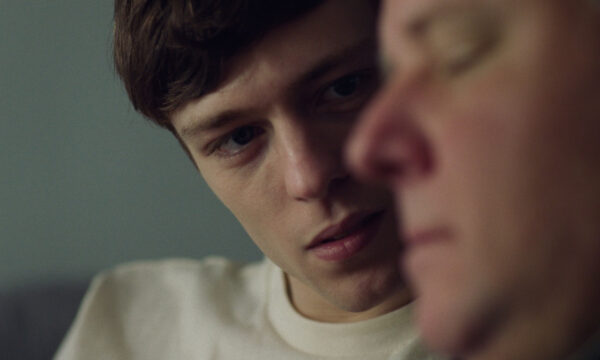














Facebook
Twitter
Instagram
YouTube
RSS